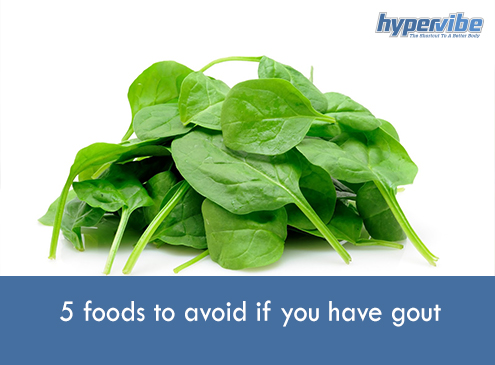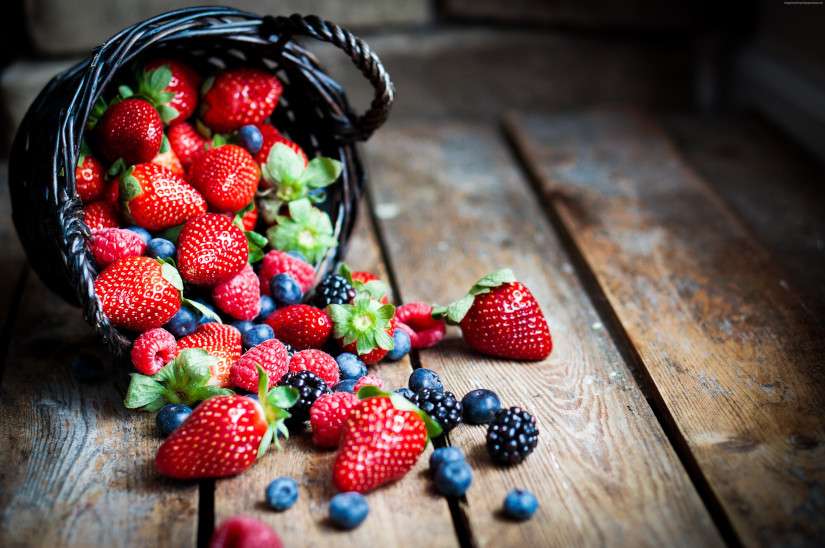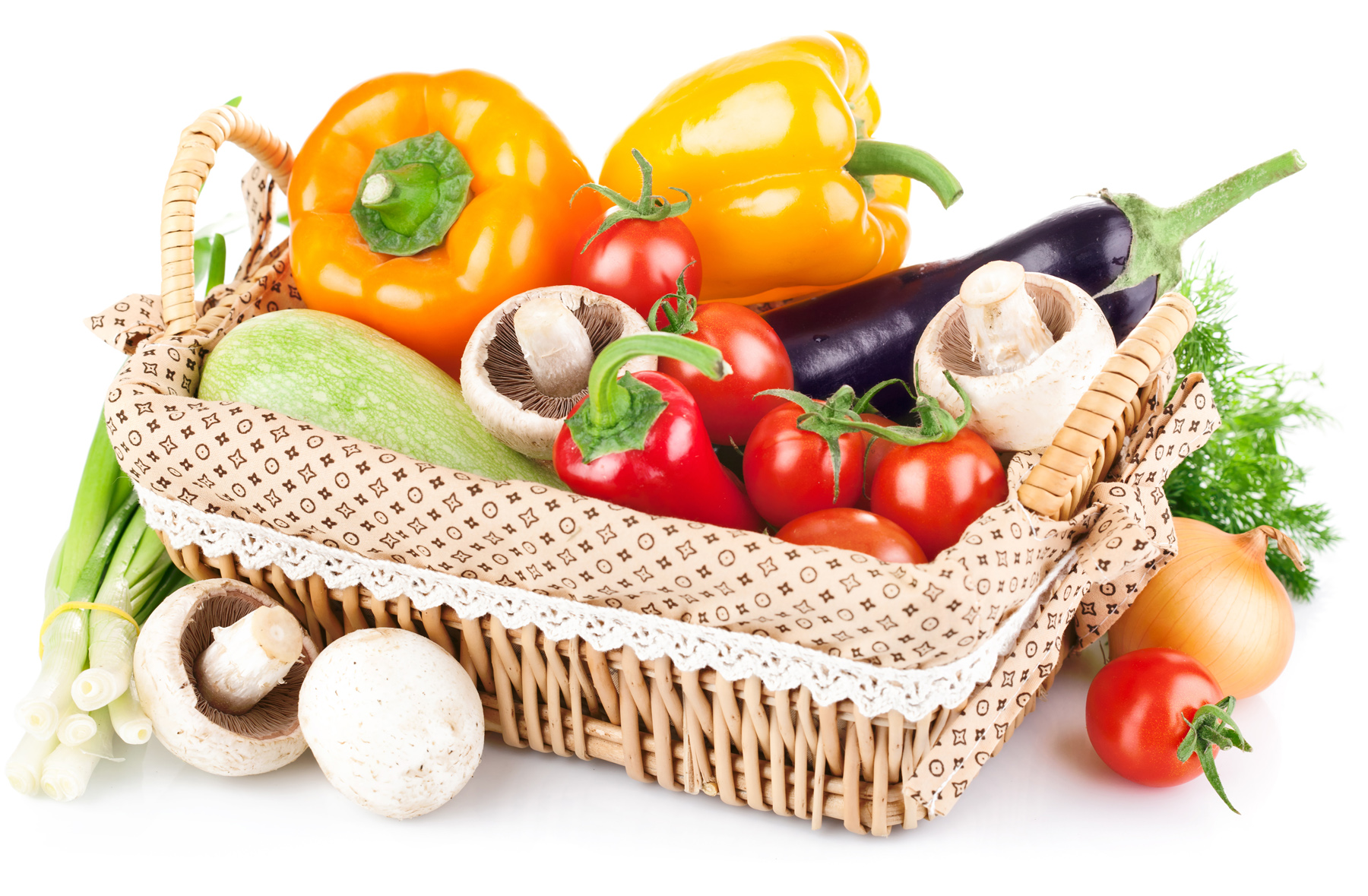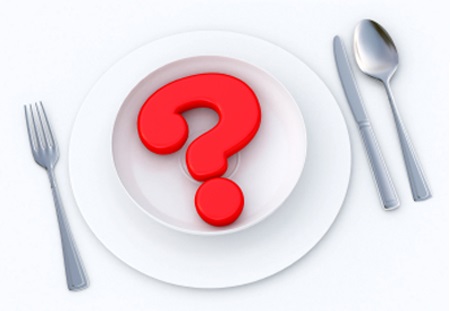5 foods to avoid if you have gout
Gout is a painful condition that occurs when uric acid crystals build up inside joints, causing their inflammation. Considered a form of arthritis, gout manifests through sudden and severe attacks of pain, as well as through swelling, redness, warmth and tenderness in the affected joints.
Although it usually affects one joint at a time and occurs mostly in the large toe, knee, ankle or foot, it is also possible for gout to affect the hands, wrists, elbows or fingers. A pain attack can last for days or even months in the severe cases, overweight people and those who have an inflammatory diet being more likely to develop the symptoms.
Speaking of diet, you probably know that some foods favor inflammation, while others prevent it. The uric acid crystals that cause gout come from food that has been broken down inside the body, mostly from red meats, liver, kidneys, but also from shellfish, anchovies and alcohol.
These products contain purines, chemicals that also occur naturally inside the body and are broken down to uric acid. Normally, uric acid is eliminated through urine, but if the kidneys don’t work well or one’s diet is too rich in purines, the chemicals can accumulate inside the body, and crystals can form. These are similar to ground glass in the joints, are are responsible for the sharp pain of gout.
Besides damaging the joints, the uric acid crystals can also cause kidney damage, and can severely affect one’s independence and quality of life. The good news is that the amount of uric acid in the blood can change with an adequate diet and with proper hydration, so in today’s article we’ll list 7 foods that should be avoided to prevent or treat gout.
Foods to avoid or eat in moderation
1. Red meat and organ meat
Red meat contains high amounts of purines, and should be consumed in low amounts by those suffering from gout. 100 grams of red meat may contain between 444 mg and 773 mg of purines, so even if you can get important amounts of iron, potassium or magnesium from these products, if you have gout you should search for healthier alternatives.
Duck contains about 138 mg of purines per serving of 100 grams, chicken contains 175 mg of purines per serving, venison has 138 mg of purines per serving, and lamb contains about 182 mg of these chemicals per 100 grams of product. A serving of beef contains 110-133 mg of purines, and turkey contains 150 mg of these compounds per 100 grams of meat.
2. Shellfish, shrimp and sardines
100 grams of sardines contain about 480 mg of purines, shrimp contain 147 mg of these chemicals per 100 grams and lobster provides 118 mg of purines per 100 grams. If you suffer from gout you should try to avoid these foods, as they’re too rich in these substances to be safe for your condition.
A serving of 100 grams of sardines provides 480 mg of purines, so even if these foods are rich in omega-3 fatty acids which are beneficial for your overall health, they should be consumed in limited amounts by people affected by gout.
3. Beans, peas and lentils
Peas, lentils and beans are a goof source of fiber and protein, and provide vitamins and minerals, but these foods should be consumed in moderation by gout sufferers, as they may contain up to 100 mg of purines per serving of food (100 grams). Eaten raw, these foods are less damaging than when cooked, but you should still keep the portions as small as possible, or avoid these foods completely.
4. Mushrooms
Mushrooms are often used as a replacement for meat, in vegetarian diets, but for gout sufferers this replacement isn’t the best idea, as the veggies are considered to have a moderately to high content of purines. Mushrooms provide niacin, riboflavin and cooper, micronutrients that are important in a balanced diet, but you should consume them in moderation to avoid gout attacks.
5. Spinach and asparagus
Spinach and asparagus are other vegetables rich in fiber and micronutrients, like vitamin A, C, folate and iron, but they also contain moderate amounts of purines, so they should be consumed in limited amounts. Try to restrict the intake of these veggies to 1/2 cup per portion and avoid mixing them with other purine-rich foods, to avoid gout flare-ups.
Have something to add to this article? Comment below or join our Facebook community and share your thoughts with us!















